The concept of “brand journalism” has been around since 2004 when McDonald’s introduced it as a part of their turnaround plan at an Advertising Age conference.
A major criticism of the term is that journalism is intended to be non-biased. Because it is highly trusted, It’s supposed to be completely independent. Whereas, all brand activities are by definition biased towards promoting a company, product or service.
Yes, it can be deceptive.
However, I feel the the term isn’t intended to be public facing in any way. No, you shouldn’t put “Senior Brand Journalist” on your business card. That just sounds like a BS title anyway. (Sorry if anyone reading this does have that title)
The term is a concept. It’s a way to think about your content development strategy, using the journalism process to craft more authentic and engaging stories about your brand.
Seek truth
As marketers, it’s easy for us to get caught drinking our own kool-aid. It can be incredibly difficult to get away from the canned corporate approved selling points that we are forced to repeat over and over again. But for a moment, try to look for the underlying core truth of those points. What do they really mean? How do they truly impact a person?
Uncover human moments
Being cheaper and higher quality with features no one else has is what every brand aspires to tout. But no one actually cares about any of that. They care that the car’s construction saved their wife’s life when they got into a pretty bad accident. They care about that flight they made because they were able to get a car to take them there on their app. They care about the way they felt at that party when everyone was complimenting what they were wearing. None of these stories are necessarily enough to develop a whole ad campaign over. But they are real and at the core of the human experience. And that’s what people care about.
Offer a balanced point of view
There is nothing that helps build trust more than being honest when it’s not in you best interest to do so. If you truly want your brand to be authentic, then be open to sharing your flaws. Point out the benefits of your competitors. Show people that you want to give them the best solution for their needs and that there are many ways to do that. By offering different perspectives, you can become an authority on your industry, rather than just an empty shill.
Sheed light on an important story that isn’t being told
You know your industry far better than the masses. And I’ll bet there are tons of things that people would be interested in if they just knew about it. You just have to tell it in their terms. Don’t use industry speak. Don’t get mired in the details. Make people understand how that one widget makes the entire product work and helps to improve their lives.

